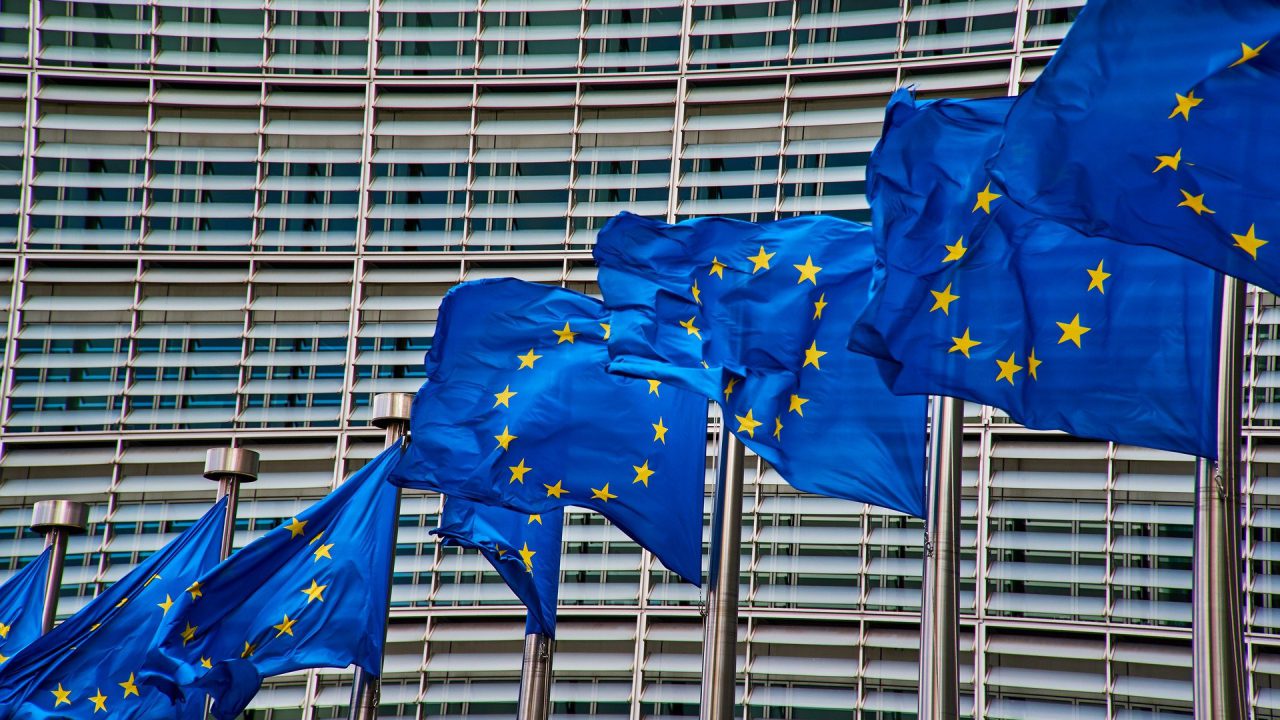On July 1, the presidency of the Council of the EU changed hands, with Portugal’s term coming to an end.
On agriculture, the Portuguese had been concerned with getting a deal agreed on the future of the Common Agriculture Policy (CAP) during their presidency, and seem to have succeeded in that regard, pending ratification of the deal by the European Parliament.
In the council’s six-month rolling presidency, Slovenia now takes the reins until December 31. Slovenia’s agriculture minister, Joze Podgorsek, will lead the council when it meets in its ‘agriculture and fisheries’ configuration, which brings together the EU’s agriculture ministers.
On Monday of this week, July 19, the Slovenian presidency led its first meeting of the agriculture ministers, where it outlined its priorities for agriculture in the next six months.
These priorities include the EU forestry strategy (Slovenia is one of the most heavily forested EU member states, with forestry accounting for as much as three-quarters of its land area); sustainable agriculture and rural development; improving the position of farmers in the food supply chain; biodiversity; and food labelling.
As well as that, the Slovenians will continue to pursue the CAP reform deal reached at the end of June with a view to getting final ratification on it.
Speaking after the meeting, Podgorsek said: “We have a busy few months ahead but we are looking forward to the challenges and opportunities that the presidency of the council will bring.
“We are committed to moving forward with the Farm to Fork strategy, ensuring sustainable food systems and establishing a long-term vision for rural areas.
“Moreover, we are determined to provide certainty for EU farmers by concluding the reform of the Common Agricultural Policy before the end of our mandate,” he added.
The two main topics up for discussion during yesterday’s meeting were the European Commission’s Organic Action Plan and agricultural issues related to trade.
On the organics plan, the ministers expressed broad support but also the need to boost demand for organic products by raising awareness among consumers and encouraging public institutions, such as schools, to supply organic food.
The European Commission has set a target to have at least 25% of the EU’s agricultural land under organic farming by 2030.
On trade issues, ministers were updated by the commission on the effects of Covid-19 and Brexit; trade with the US; and ongoing negotiations for new free trade agreements with Australia, Chile and New Zealand.
Some ministers – including Irish Minister of State Martin Heydon – took the floor to discuss the need to ensure that agricultural imports from non-EU countries respect the same standards as EU products in terms of animal welfare and environmental measures.
Ministers also discussed the possibility of a future ban on the caging of farm animals, with many expressing favour for the initiative, but also warning of a potential negative impact on farmers, both in terms of the costs of the transition and a loss of competitiveness with non-EU countries.
